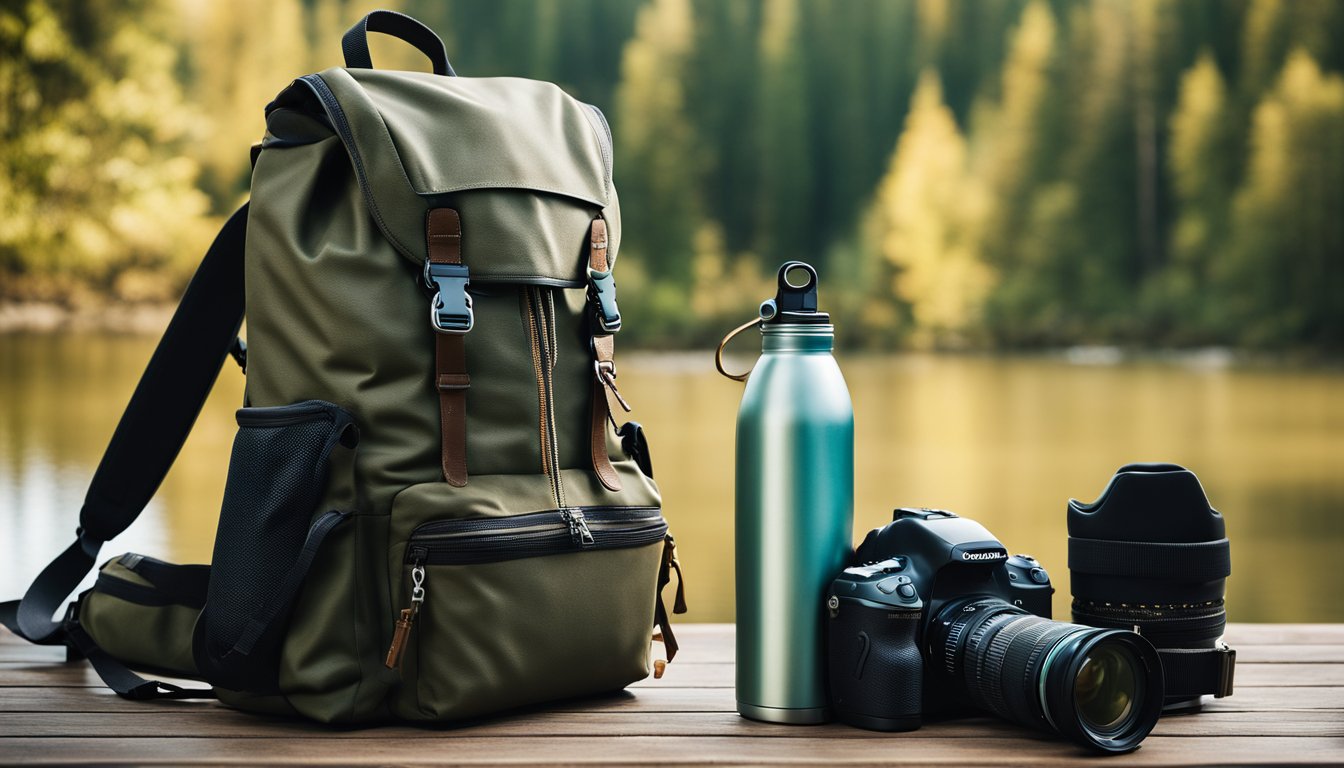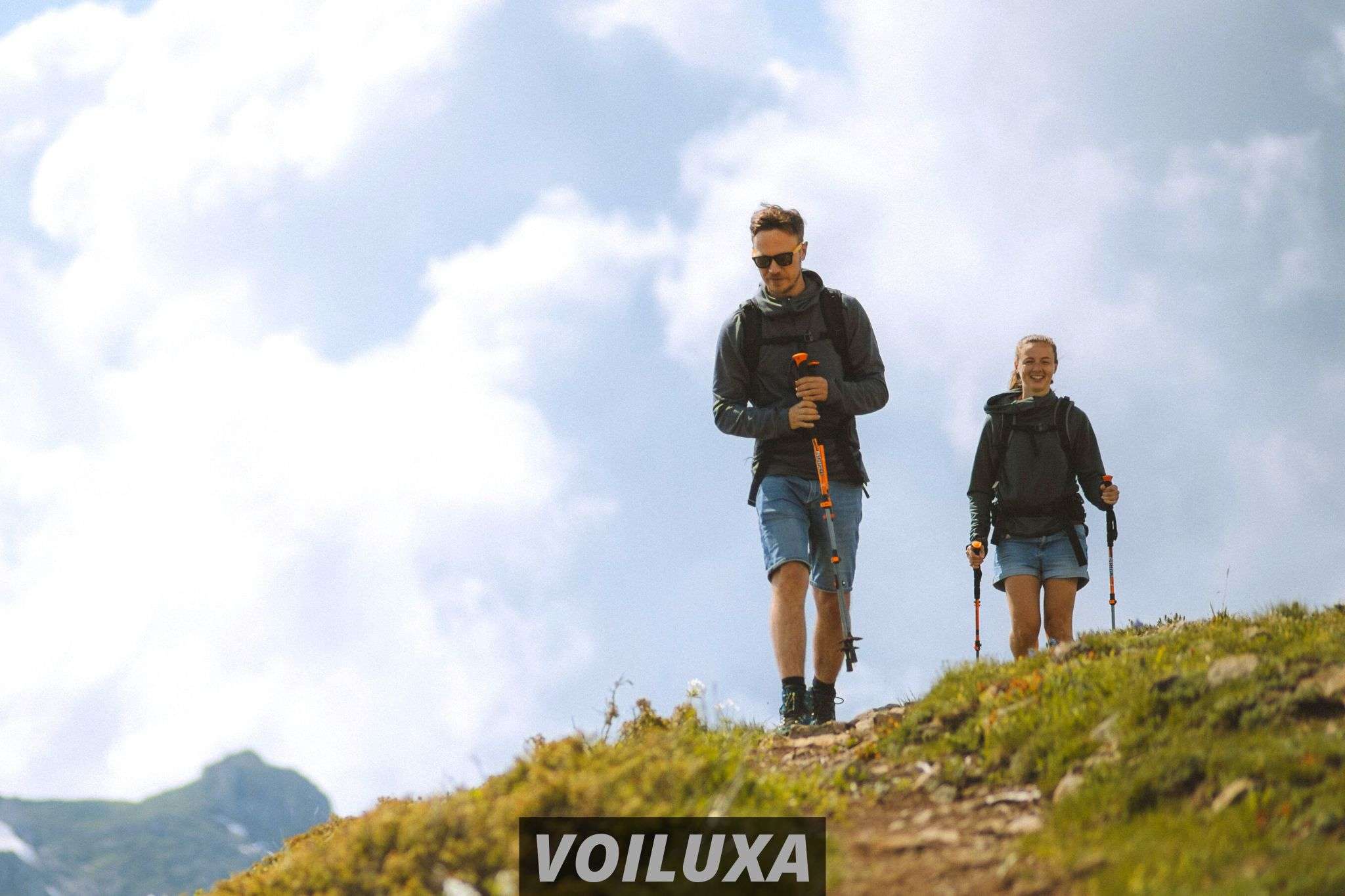Backpack tours are a great way to explore new places and immerse yourself in nature. Whether you’re a seasoned hiker or a beginner, backpacking can be an exciting and rewarding experience. It allows you to disconnect from the hustle and bustle of everyday life and connect with the great outdoors.
Planning a backpack tour requires careful consideration of several factors, including the location, duration, and difficulty level of the trail. It’s important to research the area you’ll be visiting and familiarize yourself with the local weather, wildlife, and regulations. You’ll also need to decide on the type of gear you’ll need to bring, such as a tent, sleeping bag, and cooking equipment. Proper planning can make all the difference in ensuring a successful and enjoyable backpacking trip.
Once you hit the trail, you’ll be rewarded with stunning views, fresh air, and a sense of accomplishment. Backpacking allows you to slow down and appreciate the natural beauty around you. You’ll have the opportunity to spot wildlife, discover hidden waterfalls, and meet other like-minded adventurers. With careful planning and preparation, backpacking can be a transformative experience that will stay with you for a lifetime.
Key Takeaways
- Careful planning is crucial for a successful backpack tour.
- Backpacking allows you to connect with nature and appreciate the great outdoors.
- Backpacking can be a transformative experience that will stay with you for a lifetime.
Planning Your Backpack Tour
When planning your backpack tour, there are a few things to consider to ensure that your trip goes smoothly. In this section, I will discuss three important aspects of planning your backpack tour: choosing your destination, budgeting and finance, and packing essentials.
Choosing Your Destination
Choosing your destination is an important part of planning your backpack tour. Consider factors such as your budget, the time of year, and your personal interests. Some popular backpacking destinations include Europe, Southeast Asia, and South America.
Research your chosen destination thoroughly to ensure that you are aware of any visa requirements, cultural norms, and potential safety concerns. Look for travel blogs, forums, and guidebooks to get an idea of what to expect and to find recommendations for things to do and see.
Budgeting and Finance
Budgeting and finance are crucial aspects of planning your backpack tour. Create a budget that takes into account the cost of transportation, accommodation, food, and activities. Consider using a travel rewards credit card to earn points or miles that can be used towards future travel expenses.
When it comes to exchanging currency, avoid exchanging money at airports or hotels as they often have high fees and poor exchange rates. Instead, use ATMs or exchange money at banks or reputable exchange offices.
Packing Essentials
Packing the right essentials is crucial for a successful backpack tour. Consider the climate of your destination and pack accordingly. Bring versatile, lightweight clothing that can be layered and mixed and matched.
Invest in a good quality backpack that fits comfortably and has enough space for all of your belongings. Consider bringing a portable charger, a first aid kit, and a reusable water bottle to save money and reduce waste.
By considering these important aspects of planning your backpack tour, you can ensure that your trip is enjoyable, safe, and budget-friendly.
On the Trail
When embarking on a backpacking tour, there are a few things to keep in mind to ensure a safe and enjoyable journey. In this section, I will cover important topics such as navigation and safety, as well as local etiquette and customs.
Navigation and Safety
One of the most important aspects of any backpacking trip is navigation. It is crucial to have a map and compass, and to know how to use them properly. Additionally, it is a good idea to have a GPS device as a backup. It is also important to be aware of potential hazards on the trail, such as steep drop-offs, loose rocks, and wildlife. Always stay on designated trails and follow Leave No Trace principles to minimize impact on the environment.
Local Etiquette and Customs
When backpacking in a new area, it is important to be aware of local customs and etiquette. This includes respecting wildlife and their habitats, as well as following any rules or regulations set forth by local authorities. Additionally, it is important to respect the privacy and property of locals who may live near the trail. When camping, be sure to use designated campsites and follow Leave No Trace principles to minimize impact on the environment.
Overall, being prepared and respectful is key to a successful backpacking trip. By following these guidelines, you can ensure a safe and enjoyable journey on the trail.

Accommodation Options
As a backpacker, finding the right accommodation is crucial. Not only do you want to stay within your budget, but you also want to ensure that you have a comfortable and safe place to rest after a long day of exploring. In this section, I will discuss two popular accommodation options for backpackers: camping and hostels, and booking and reservations.
Camping and Hostels
Camping and hostels are two popular choices for budget-conscious backpackers. Camping is a great way to save money on accommodation, and it can be a fun and memorable experience. However, it is important to note that camping may not be suitable for everyone, especially if you are traveling alone or if you are not comfortable with roughing it.
Hostels, on the other hand, offer a more comfortable and convenient option for backpackers. Most hostels offer dormitory-style rooms with shared bathrooms and communal areas, which can be a great way to meet other travelers. Additionally, many hostels offer private rooms for those who want a bit more privacy.
Booking and Reservations
Booking and reservations are important aspects of finding the right accommodation as a backpacker. It is important to book your accommodation in advance, especially during peak travel seasons, to ensure that you have a place to stay. There are several websites and apps that can help you find and book hostels and camping sites, such as Hostelworld and Booking.com.
When booking your accommodation, it is important to read reviews from other travelers to get an idea of the quality of the accommodation and the level of service provided. Additionally, it is important to check the location of the accommodation to ensure that it is in a safe and convenient area.
In conclusion, as a backpacker, you have several options when it comes to finding the right accommodation. Whether you choose to camp or stay in a hostel, or book your accommodation in advance, it is important to do your research and plan ahead to ensure that you have a comfortable and safe place to stay during your travels.
Post-Tour Reflection
After completing a backpacking tour, it’s important to take some time to reflect on the experience. This can help you process what you’ve learned and experienced, and can also help you plan for future trips. Here are some tips for reflecting on your backpacking tour:
Documenting Your Experience
One of the best ways to reflect on your backpacking tour is to document your experience. This can include writing in a journal, taking photos, or creating a scrapbook. By documenting your experience, you can revisit your trip in the future and remember the details of your journey.
Consider creating a list of your favorite moments from the trip, as well as any challenges you faced and how you overcame them. This can be a helpful reference for future trips, and can also help you appreciate the growth you experienced during your backpacking tour.
Community and Sharing
Another important aspect of post-tour reflection is community and sharing. This can include talking with fellow backpackers about your experience, or sharing your photos and stories on social media.
By sharing your experience with others, you can gain new insights and perspectives on your trip. You may also inspire others to take their own backpacking tours, or to explore new trails and destinations.
Remember that everyone’s backpacking experience is unique, and there’s no right or wrong way to reflect on your trip. Take the time to process your experience in a way that feels meaningful and authentic to you.
Conclusion
In conclusion, backpacking tours are an excellent way to explore new destinations, meet new people, and create unforgettable memories. During my research, I found several reputable tour companies that offer a variety of backpacking tours, ranging from easy to challenging.
If you’re new to backpacking or traveling solo, I recommend joining a guided tour. This way, you can travel with a group of like-minded individuals and have the support of an experienced guide. Companies like G Adventures and Intrepid Travel offer a range of backpacking tours with knowledgeable guides who can help you navigate new cultures and environments.
On the other hand, if you’re an experienced backpacker and prefer to travel independently, companies like Wildland Trekking and TourRadar offer self-guided tours and itineraries. These tours allow you to travel at your own pace and explore destinations on your own terms.
No matter what type of backpacking tour you choose, it’s important to pack appropriately and stay safe while on the road. Make sure to research your destination thoroughly, pack essential items like a first aid kit and water purification tablets, and be aware of local customs and laws.
Overall, backpacking tours are a great way to see the world and push yourself out of your comfort zone. Whether you’re a seasoned traveler or embarking on your first trip, there’s a backpacking tour out there for everyone.




One thought on “Backpack Tour: A Comprehensive Guide for Budget Travelers in 2024”